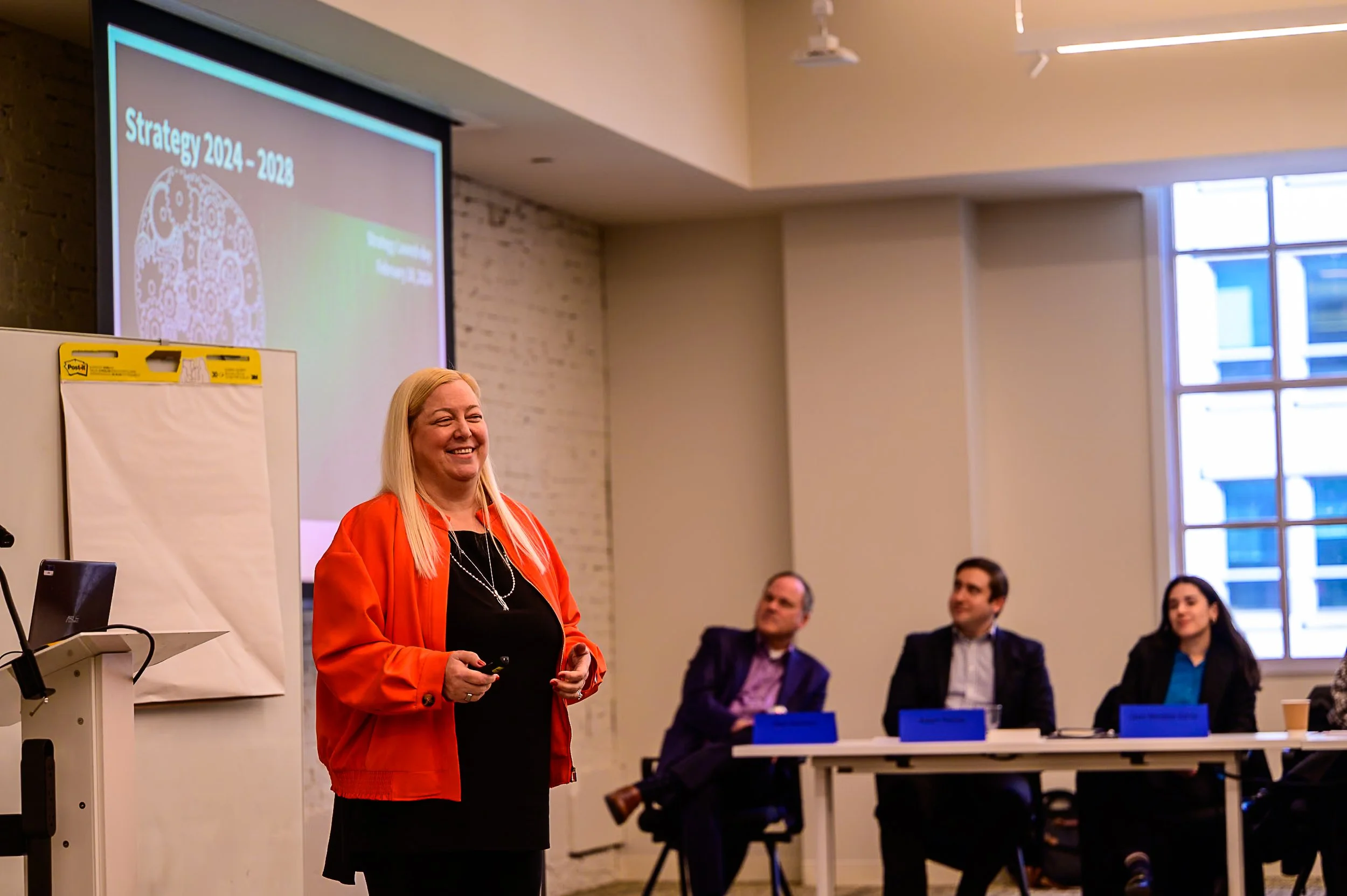Interagency Barriers and the Boston Bombing
With the investigation of the Boston bombing still underway and largely concealed, it is difficult to access the origin of Tamerlan Tsarnaev’s radicalization. What facts can be gleaned, however, are the interagency flops and/or shortcomings in monitoring Tsarnaev’s burgeoning extremist activity.
The April 15th attacks underscored a continuing trend in post-9/11 America: agencies are not ready to fully share intelligence. The U.S. Intelligence Community (IC) historically suffers from interagency rivalries and reluctance to share information. A decade after 9/11, though, the bombing in Boston demonstrates that advocacy of sharing still suffers at Federal, state, and local levels of Government.
Testimony from Boston Police, the Federal Bureau of Investigation, and other stakeholder representatives at a House Homeland Security Committee on 9 May 2013 conveyed cross-IC agency and law enforcement frustrations from not sharing intelligence. Information concerning the details of Tsarnaev’s six-month trip to the Dagestani republic of Russia, Russia’s request for information on the suspect, and the 2011 federal investigation were not made known to Boston investigators. Some intelligence was there and a stronger collaborative relationship between the IC and law enforcement community could have been the key to resolving the communication challenges.
At the behest of Russia, the FBI’s investigation of Tsarnaev turned up no loose stones to warrant further inquiry. However, it did provide the Department of Homeland Security reason to decline his application for American citizenship after they discovered his interview with FBI officials. While not the direct result of interagency cooperation, the FBI’s investigation did provide a positive outlook on the current sharing of certain data. More could have and can be done to prevent future Boston Bombings.
By the time of the bombing, several agencies possessed key intelligence regarding Tsarnaev. However, the compartmentalization of that intelligence resulted in a clear lack of communication. In the post-9/11 age, federal, state, and local officials should look to this case to examine the limitations and consequences of non-collaboration and the sharing of intelligence. Augmented interagency relationship building needs to occur to ensure that the US learns from the hard lessons of interagency barriers or more Boston bombings could occur in the future.





















